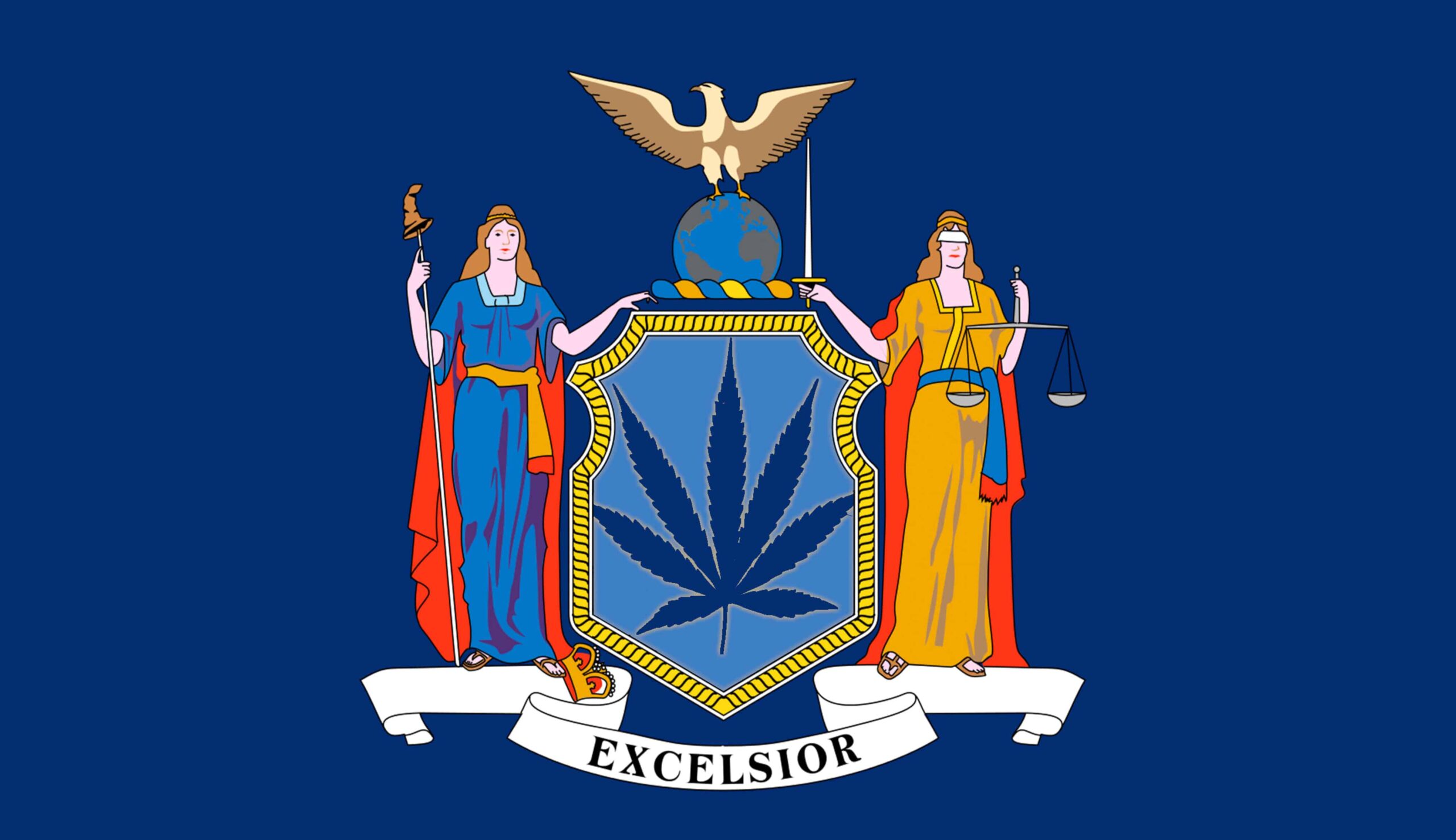
Military Veterans File Lawsuit Against New York’s Cannabis Licensing Rules
A group of four military veterans filed a lawsuit against New York’s Office of Cannabis Management (OCM) last week, alleging that the agency’s rules, which give priority to applicants with criminal records for marijuana for cannabis dispensary licenses, violate the state’s Marijuana Legalization Act 2021 violated In a complaint filed in the New York State Supreme Court, the four plaintiffs argue that state regulators failed to follow the Marijuana Regulation and Taxation Act (MRTA) when it did not grant cannabis retail licenses to disabled veterans and members of other minority groups. The lawsuit seeks an injunction barring the state from granting additional licenses under the Conditional Adult-Use Retail Dispensary (CAURD) program, reserved for applicants with a criminal conviction related to marijuana.
The MRTA included provisions that set the goal of awarding at least half of the state’s recreational marijuana dispensaries to social and economic justice applicants. As part of an initiative by New York Gov. Kathy Hochul last year, the state’s first retail cannabis licenses were reserved for “individuals most severely affected by unfair enforcement of cannabis prohibition, or non-profit organizations whose services include assisting ex-convicts heard”. ”
To qualify for a CAURD license, applicants must, among other things, either have a cannabis conviction or be a family member of a person convicted of cannabis. Non-profit organizations that had previously served incarcerated or currently incarcerated individuals were eligible to apply for a CAURD license. To date, the OCM has issued 463 CAURD licenses, although fewer than two dozen dispensaries have opened statewide to date.
“The MRTA had already set a goal of awarding 50% of all adult use licenses to social and economic justice applicants. But instead of complying with the law, OCM and CCB created their own version of “social justice” and themselves determined which individuals would have priority in entering New York’s burgeoning adult cannabis market,” the statement said Veterans bringing the lawsuit.
In the lawsuit, OCM rules are held to be unconstitutional
The lawsuit was filed by four US veterans who together have served in different branches of the military for more than two decades. They argue that restricting retail licenses to those with a criminal record for cannabis was not approved by the legislature and violates the state constitution.
“It is unlike a veteran to sue the state to uphold a law,” said William Norgard, one of the plaintiffs in the case and a US Army veteran, in a statement quoted by the Olean Times Herald. “We take oaths to defend our nation’s laws and trust, perhaps naively, that government officials will faithfully and lawfully enforce those laws. What the Office of Cannabis Management is currently doing totally violates that trust. As veterans, we know someone has to hold the line.”
“War disabled veterans are the only social justice group in law that wasn’t born into priority status, but a group that anyone can belong to,” said Carmine Fiore, who served in the US Army and New York Army National Guard for eight years served and is also one of the four plaintiffs in this case. “We are also the only priority group in the (law) that gained its status through community support.”
“It feels like we’re used to passing a law – a good law that helps many people and the state,” Fiore added. “Then after it was passed, we were pushed aside for another agenda.”
The other plaintiffs are Steve Mejia and Dominic Spaccio, both of whom served in the US Air Force for six years.
Lucas McCann, co-founder and chief scientific officer of cannabis compliance consultancy CannDelta Inc., notes that the CAURD program is not mentioned in the MRTA. When the program was created, the definition of social justice was defined to include only those with prior cannabis-related convictions and previous business experience. But a broader definition of social justice might be appropriate, and future licensing rounds might include members of other groups, McCann says.
“The grievances raised by the four military veterans highlight another aspect of the ‘social justice’ debate that cannot be ignored. Veterans, particularly those with disabilities, face their own challenges and hurdles,” he wrote in an email. “Their dedicated service to the nation deserves recognition and inclusion in the burgeoning industry, especially when considering the potential therapeutic benefits of cannabis for a variety of health issues commonly faced by veterans.”
Michelle Bodian, a partner at leading cannabis and psychedelics law firm Vicente LLP, said it’s too early to say how the lawsuit will affect the continued expansion of New York’s regulated marijuana industry.
“There is always a chance that the lawsuit will succeed and the CAURD program will be stopped; However, it is equally likely that the state will settle and license the plaintiffs,” Bodian said in a statement to the High Times. “With the TRO hearing scheduled for later this week, we should know shortly if the CAURD program is frozen or if new interim or definitive licenses can be issued.”
When asked about the legal action, an OCM spokesman told local media that the agency was not commenting on the pending litigation.

Post a comment: